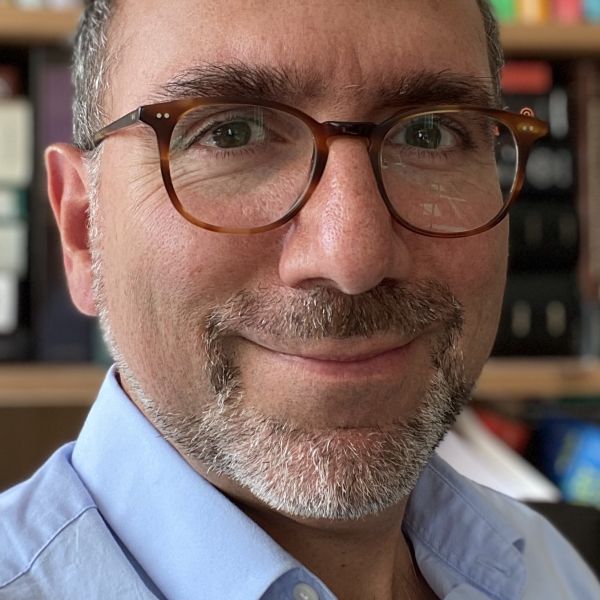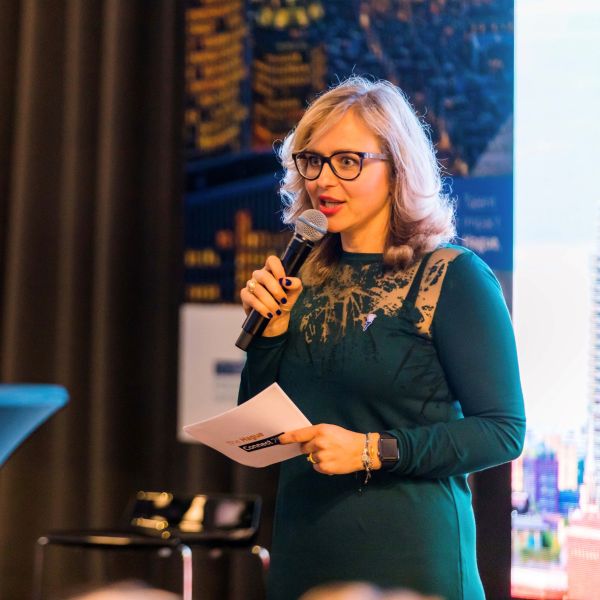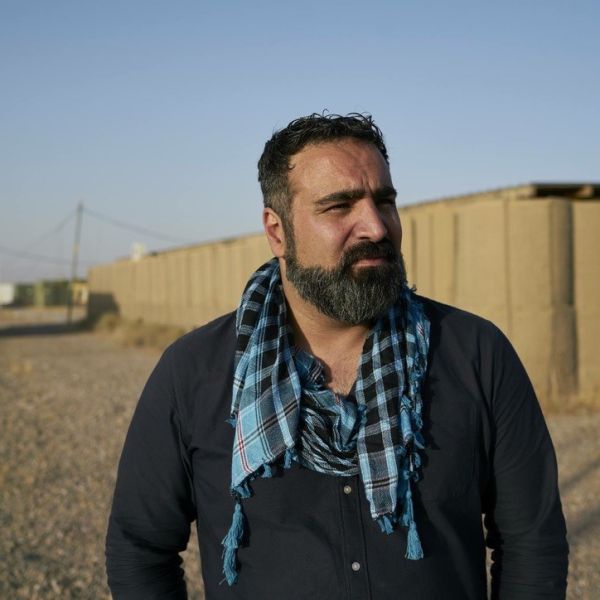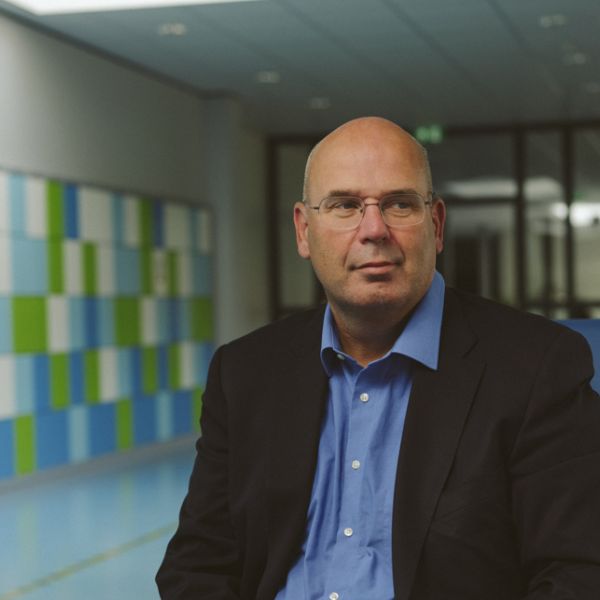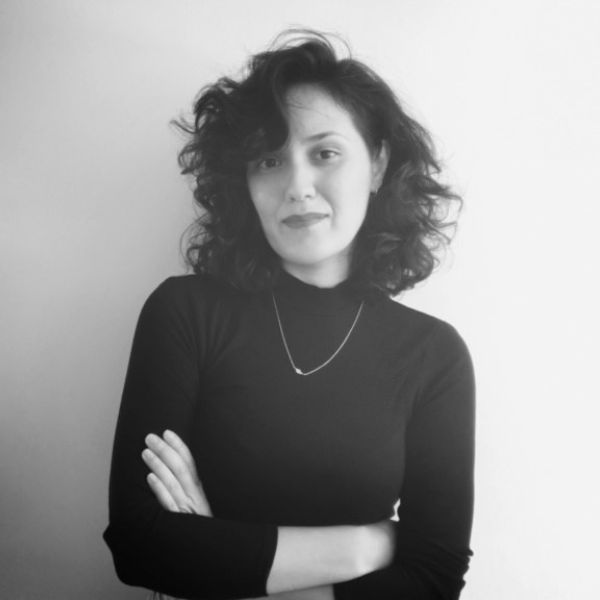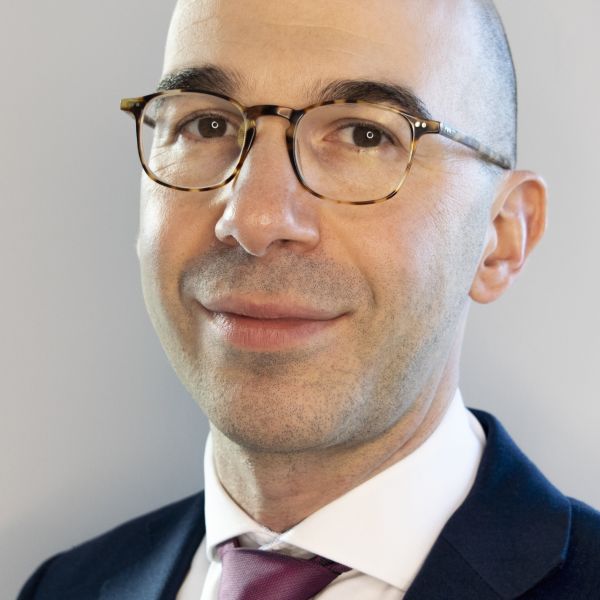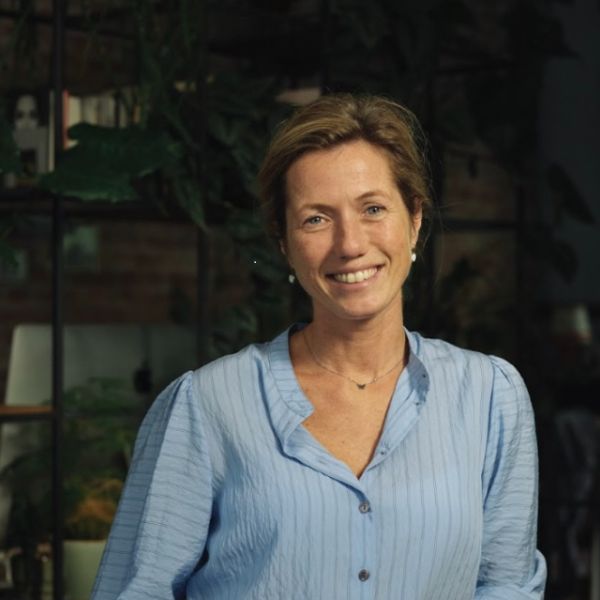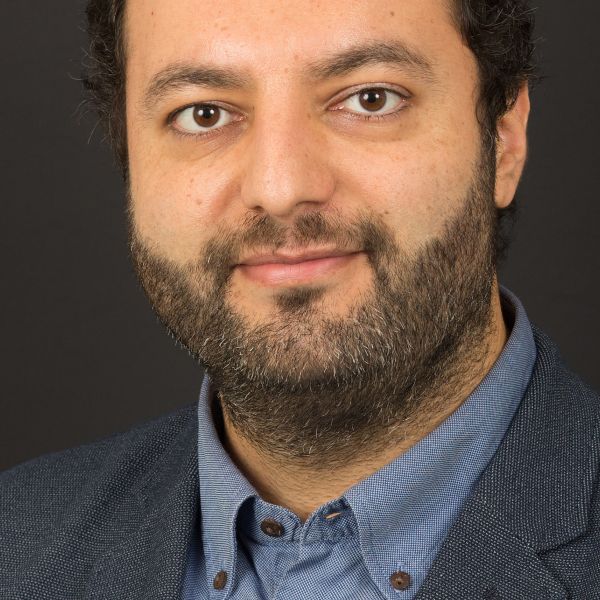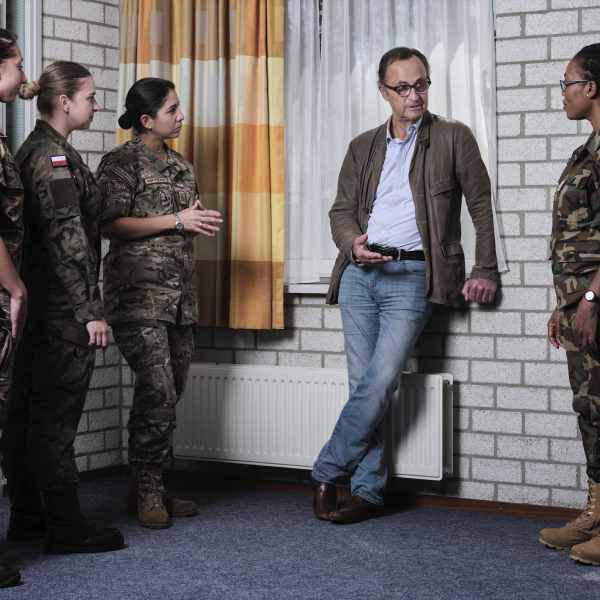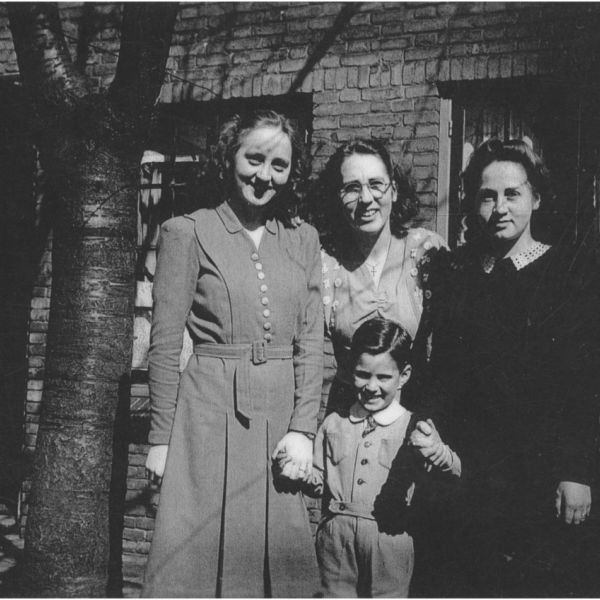75 years of UN in 75 stories: Steven van Lummel
Now that Steven van Lummel (1981), artist, MC and cultural entrepreneur, is approaching forty, he is reflecting more and more on his own identity . He looks like his grandfather Guus, who was also an artist. But when he went in search of who his grandfather really was, the image that emerged was a hazy one.
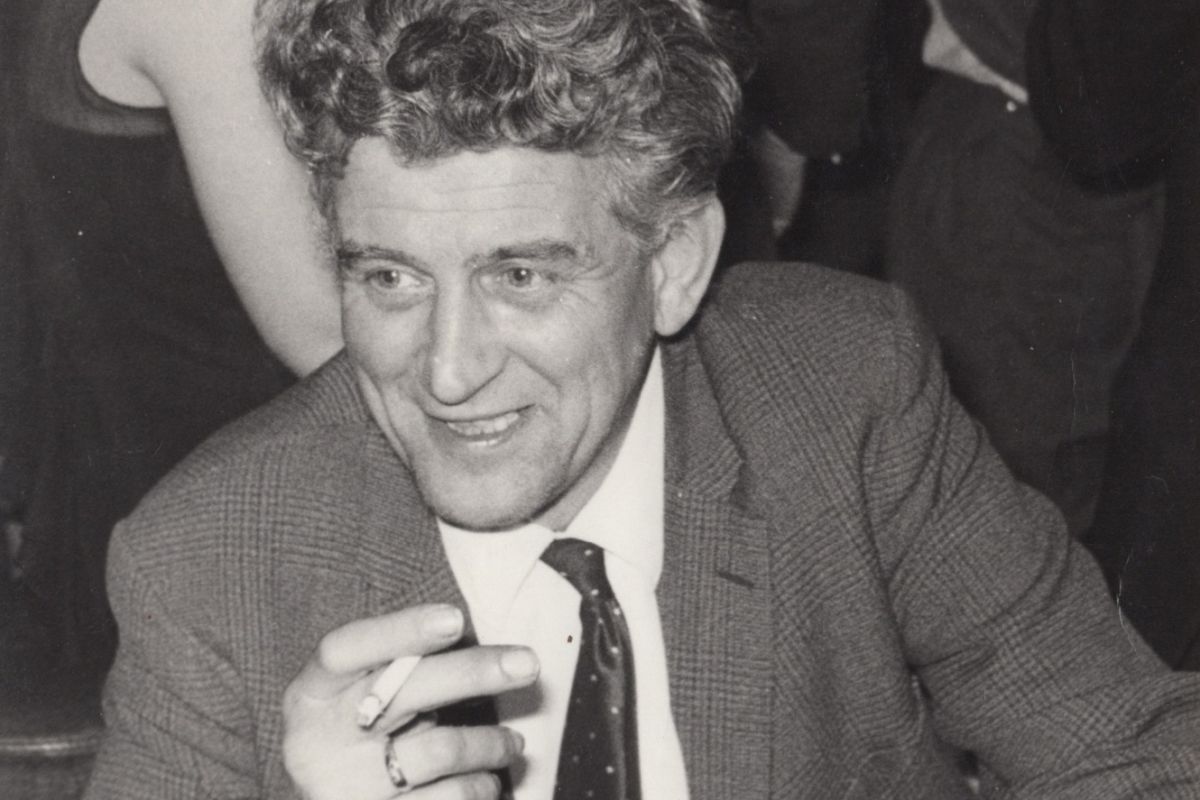
During the Second World War, in many Nazi-occupied countries, resistance movements arose that took up arms against the fascist dictatorship – often on a small scale, and with mixed results. These resistance movements stood up for fundamental values that are also endorsed by the United Nations.
After the First World War, the League of Nations was founded as a supranational organisation to secure peace. Unfortunately, that organisation and its many shortcomings could not prevent the Second World War from happening. After the war, 51 countries came together in the newly formed United Nations to reassert the desire to maintain peace and freedom. The UN charter is the foundation for the organisation, and it was forged in the ashes of years of war and repression. It enshrines the sovereign equality of states, the prohibition on the use of violence, and the fundamental human rights of all people.
In 2015 the UN identified the 17 Sustainable Development Goals (SDG) as principles for making the world a better place. People the world over came together to endorse these 17 goals. The idea behind the SDGs is that no one should be left behind and that everyone should be able to work towards a better future, thus putting the fundamental values of the UN into practice.
“My identity is built on the shoulders of my ancestors”
“My grandfather was in the resistance, but no one ever said very much about that,” Van Lummel says. “More than anything else, I saw a man who had not succeeded. Once a successful artist, perhaps, but as long as I knew him, he was living with his second wife in The Hague and my parents were paying his bills. He started to suffer from dementia and ended up in a home. There he suffered badly from nightmares.”
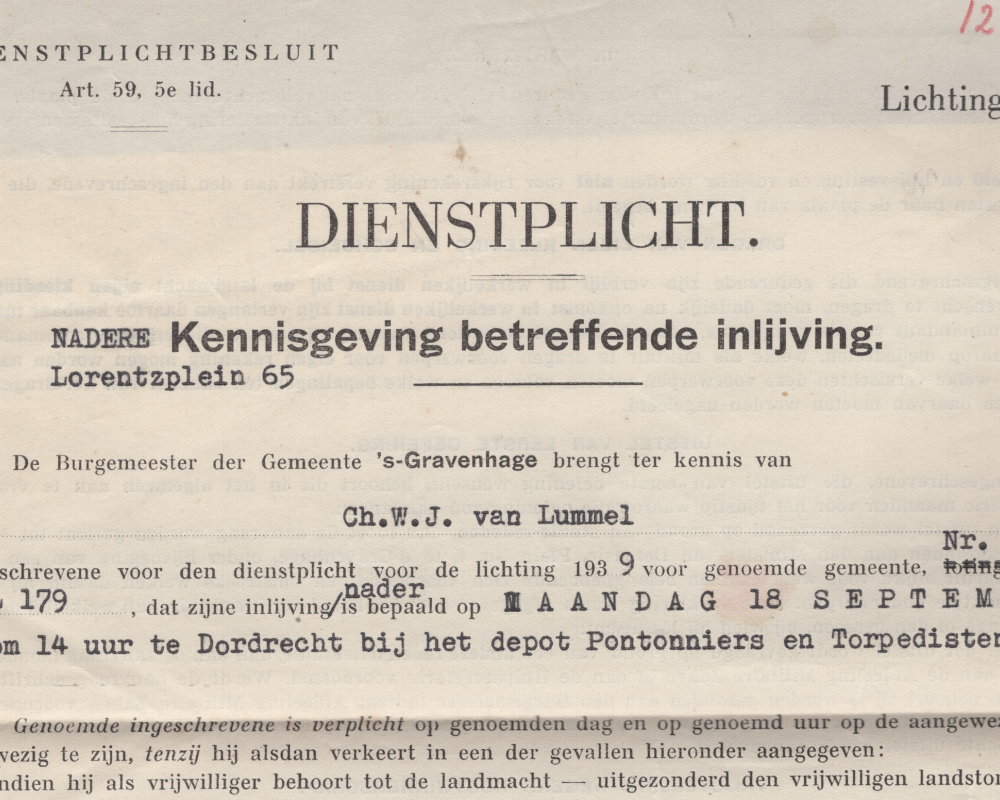
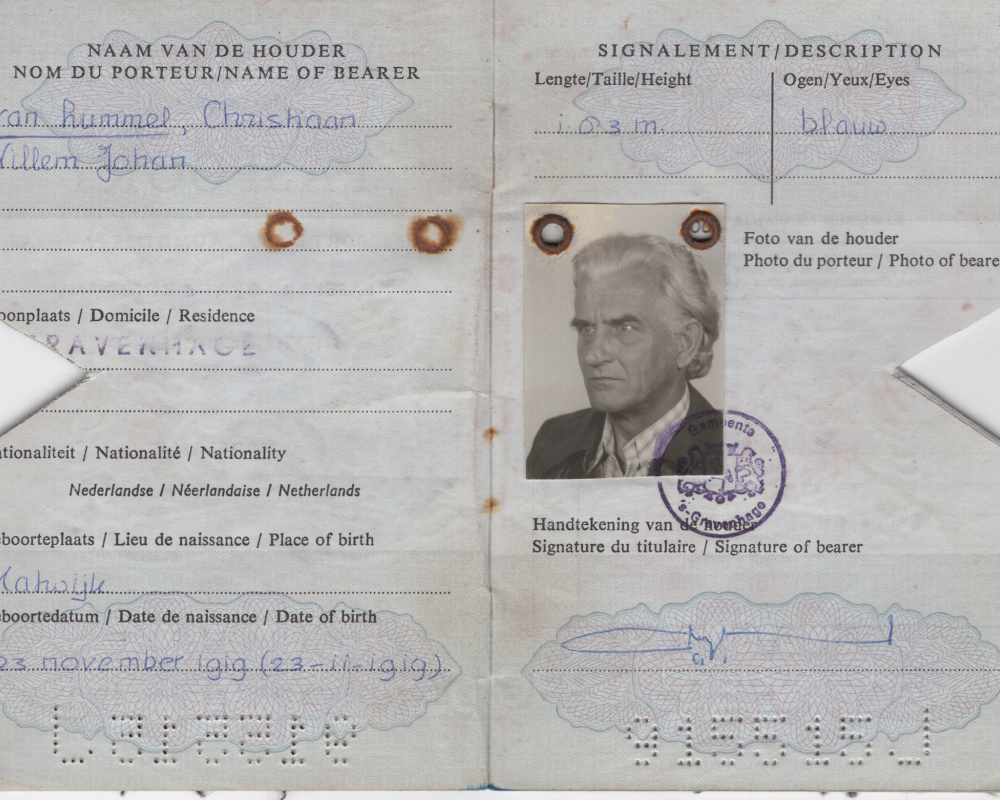
“As I uncover my grandfather’s life, I understand myself better”
At his grandfather’s funeral (then Steven was in secondary school), he recalls that there was suddenly a group of twenty or so men, completely unknown to the family, who showed up to pay their last respects. “They talked about Willem, instead of Guus,” Van Lummel says. “That turned out to be his resistance name. ‘Your grandfather was the head of a resistance cell of sixty men,’ they told us. We just took it as a statement of fact. Now I’m kicking myself that I didn’t ask them for more details. Those men knew so much about my grandfather.”
With his art and social projects,Steven is trying to bring about change and have a positive impact on the city. “Through all the stories that came out in the celebration of 75 years of liberation, I realised that it’s important to keep telling them. Otherwise, they will disappear for good.” In his search for his grandfather, he came across some confusing information. “My grandfather was a ‘charismatic leader within the resistance’, one book from 2018 says. There are stories that are the stuff of legend, from stealing and redistributing food coupons to a possible murder , of one ‘Bad Leo’, a man who had betrayed him.” Was his grandfather a hero? Or more of a gangster? “The more I discover about my grandfather, the more I realise that he was a person of many layers. But the great thing is that as I uncover the life of my grandfather, I understand myself better. My identity is built on the shoulders of my ancestors.”
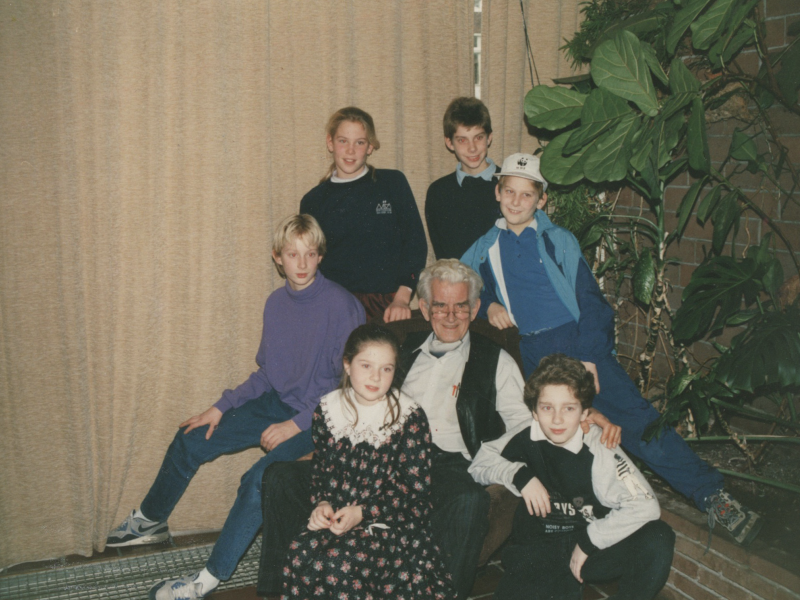
There is only one place on earth where nearly all the nations of the world sit around the table: the United Nations. The UN focuses on issues that transcend the borders of countries or even affect the entire world, such as peace and security, climate change, education, health, cultural heritage, economic development, and more. To many, the work of the UN seems very abstract, but by engaging with rescue workers, peacekeepers, aid workers, diplomats, eyewitnesses, soldiers, and others involved with the UN, it becomes clear how important the work of this organization is. This is exactly what Humanity House has done. Unfortunately, this organization had to close its doors, but Just Peace and Museon-Omniversum have teamed up to preserve their stories. You can now find these stories on Just Peace's website, and some of them are also included in an exhibition about the UN at Museon-Omniversum.
The 75 Years of UN Stories were collected and curated by Frederiek Biemans for Humanity House.

